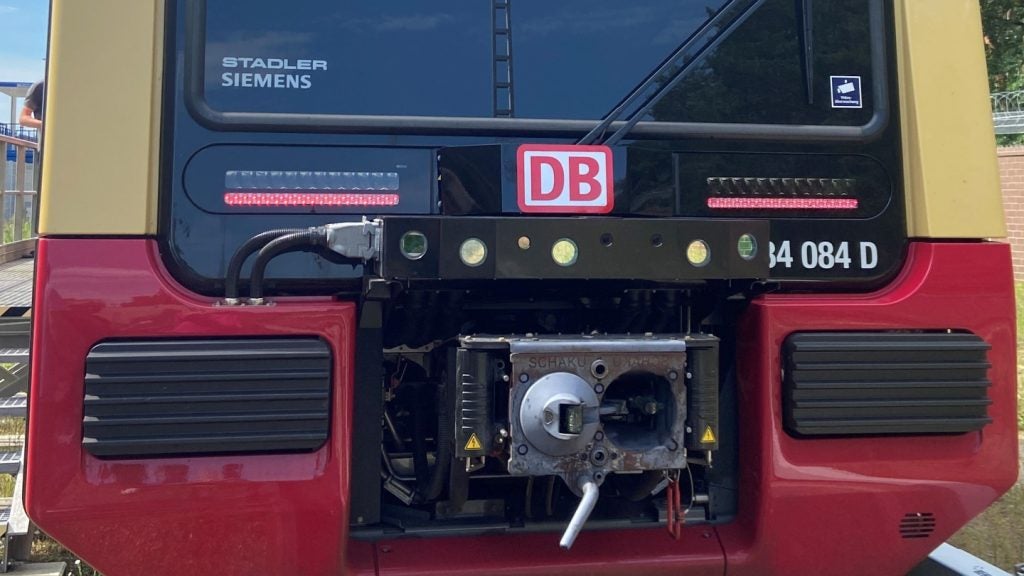
How to win air travellers to rail is a report by Greengauge 21, commissioned by High-Speed Rail Group (HSRG). Greengauge 21 is an umbrella, involving parties with an interest in a high-speed rail network, which debates merits of alternative routes, technologies, implementation strategies and benefits.
Jim Steer, report author and HSRG board director, says: “By considering pre-HS2 and post-HS2 timescales and the geographies that are within-Britain and between Britain and the continent of Europe, it becomes increasingly clear the essential role high-speed rail will play in facilitating this shift.
“Imagine being able to start a journey in Manchester or Birmingham, and through the proper integration of high speed rail services, being able to make a journey to Amsterdam: today this is an airline market of 2.1 million passengers per annum. Imagine the convenience of rail and the significant carbon savings to be made.”
Passengers favouring rail travel over air travel is a significant contribution on the journey towards achieving net zero. HSRG aims to encourage this passenger behaviour on a larger scale through the expansion and integration of the national high-speed rail network.
In order to achieve this, the plausibility of limited-stop/long distance rail services are being explored. Additionally, HS2 capacity to turbocharge modal shift will be utilised and as more international travellers move to rail, it is hoped that Britain’s two high-speed rail Networks will be connected properly.
A key aspect of encouraging passengers to choose rail is high levels of journey comfort at competitive prices. According to the report, London to Scotland accounts for 57% of domestic air travellers.
How well do you really know your competitors?
Access the most comprehensive Company Profiles on the market, powered by GlobalData. Save hours of research. Gain competitive edge.

Thank you!
Your download email will arrive shortly
Not ready to buy yet? Download a free sample
We are confident about the unique quality of our Company Profiles. However, we want you to make the most beneficial decision for your business, so we offer a free sample that you can download by submitting the below form
By GlobalDataAn example of this is open access operator Lumo trialling services with competitive prices for London to Edinburgh. There are no train stops between Newcastle and Stevenage with fares from £19.90 being offered.
It is hoped that this concept will be expanded, but until HS2 is in operation it is unlikely that more rail services or quicker rail services to and from London will be in place. For example, it is only HS2 which is expected to cut the London-Glasgow/Edinburgh journey from 4 hours 20 minutes to 3 hours 38 minutes.
In addition, improvements to the West Coast Main Line will also allow HS2 journey times such as the Birmingham-Glasgow journey to improve from 4 hours 45 minutes to 3 hours 20 minutes.
Current journeys are slow, and it has been suggested that avoiding stations on congest parts of the network could make a significant difference. HS2 will provide quicker journeys and limited-stop services. quicker journeys and provide capacity for additional limited-stop services.
HS2 will improve travel between London and Scotland by train, reducing the journey time by nearly an hour as trains will run at 225 miles/hour as opposed to 125 miles/hour. A Union Connectivity Review suggested that these railway upgrades could allow rail to win 75% of AngloScottish passengers.
There will be key developments taking place on these railways as new services will be added once HS2 is complete. In addition, journeys between Manchester and Birmingham can now avoid the gap between Euston and St Pancras stations, allowing passengers to go directly to border controls at HS1 stations. The current airline market Manchester/Birmingham to Amsterdam is 2.1 million passengers each year or 2,900 each day.
Ultimately, the report suggests that the transfer of all domestic mainland GB airline passengers to rail would fill around 20 trains per day each way. Services could also be expanded to cities within 1000km such as Berlin, Zurich and Barcelona.






